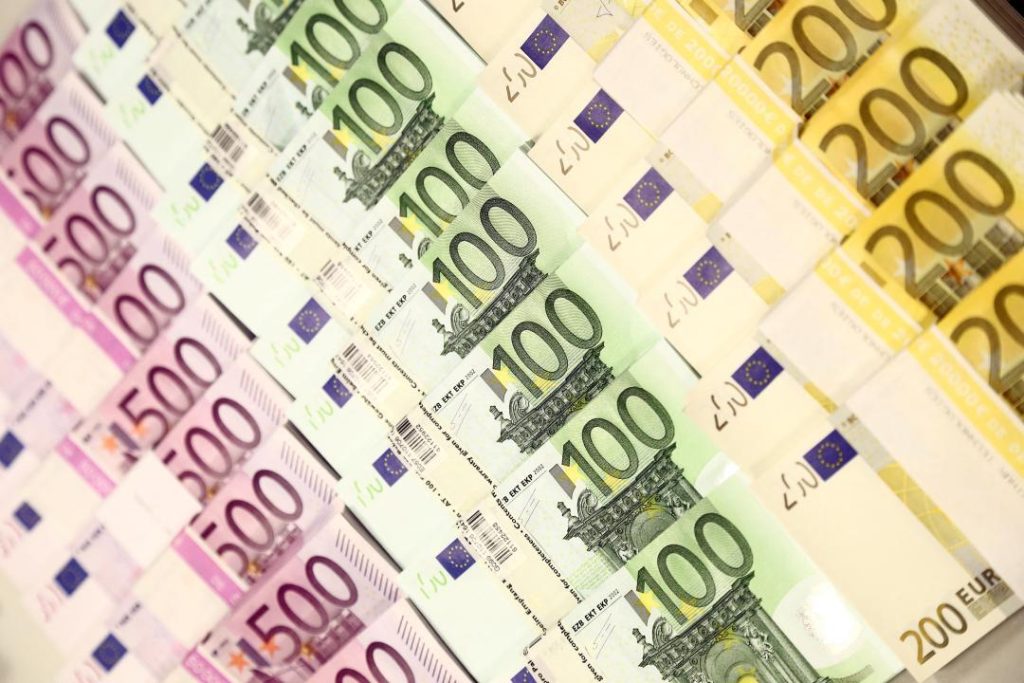
19 Years after Joining EU, Bulgaria to Adopt Euro in 2026
In a significant development, Bulgaria is set to adopt the Euro as its official currency by January 1, 2026, marking a major milestone in the country’s economic integration with the European Union. This decision was officially endorsed by EU finance ministers, who have set the conversion rate of the Euro to the Bulgarian Lev (BGN) at 1.95583. With this move, Bulgaria will become the 21st member state to adopt the Euro, cementing its position as a strong and stable economy within the EU.
The adoption of the Euro by Bulgaria is a culmination of 19 years of close cooperation with the EU, since the country joined the bloc in 2007. Over the years, Bulgaria has made significant progress in implementing EU standards and policies, and this move is a testament to its commitment to deepening its integration with the EU.
The decision to adopt the Euro was taken after a thorough assessment of Bulgaria’s economic stability and preparedness. The country has demonstrated a solid track record of fiscal discipline, low inflation, and a stable banking system, making it an ideal candidate for Euro adoption.
The benefits of adopting the Euro are numerous. For one, it will enhance Bulgaria’s economic stability and credibility, making it a more attractive destination for foreign investment and tourism. The Euro is the most widely traded currency in the world, and its adoption will facilitate trade and commerce between Bulgaria and other Eurozone countries.
Moreover, the adoption of the Euro will bring benefits to Bulgarian consumers and businesses. It will simplify travel and trade between Bulgaria and other Eurozone countries, eliminate the need for currency conversion, and provide a stable and predictable economic environment.
In addition, the adoption of the Euro will also pave the way for a single financial market in the EU, where Bulgarian businesses can operate freely and compete with other European companies. This will create new opportunities for Bulgarian companies to expand their reach and participate in the EU’s single market.
The EU has taken several steps to ensure a smooth transition to the Euro. The European Central Bank (ECB) has been working closely with the Bulgarian National Bank (BNB) to implement the necessary technical preparations, including the launch of a Euro cash machine network and the development of a Euro-based payment system.
The European Parliament has also played a crucial role in the adoption of the Euro by Bulgaria. In a recent resolution, the Parliament endorsed Bulgaria’s adoption of the Euro, acknowledging the country’s progress in meeting the necessary economic and fiscal criteria.
In conclusion, Bulgaria’s adoption of the Euro is a significant milestone in the country’s economic integration with the EU. The move will bring numerous benefits to Bulgarian consumers and businesses, enhance the country’s economic stability and credibility, and pave the way for a single financial market in the EU.
As Bulgaria prepares to join the Eurozone, it is essential to recognize the hard work and dedication of the Bulgarian government, the European Commission, and the European Central Bank in making this vision a reality. The adoption of the Euro is a testament to the strength and resilience of the EU’s single currency, and it marks an important step towards a more integrated and prosperous Europe.






